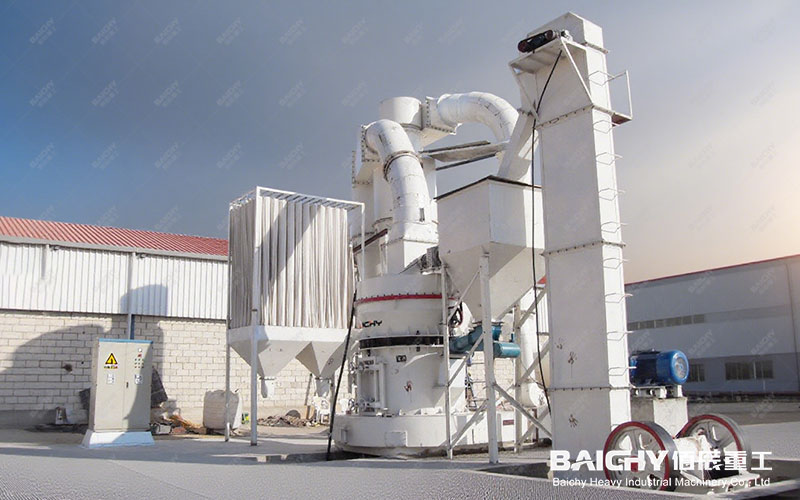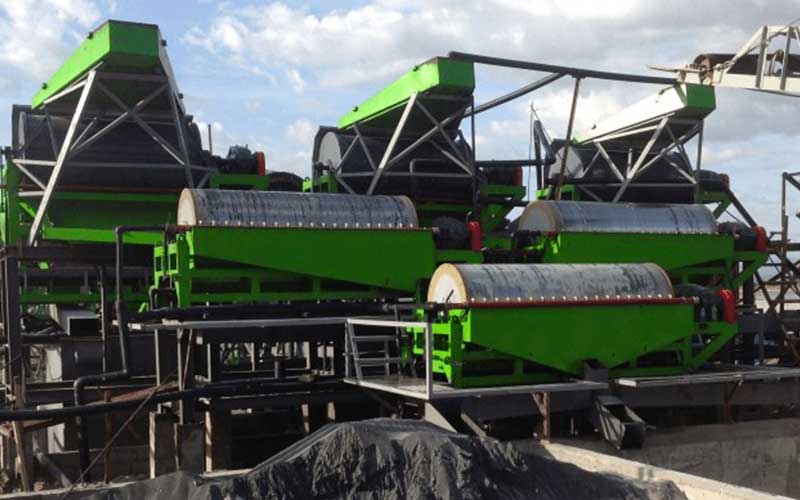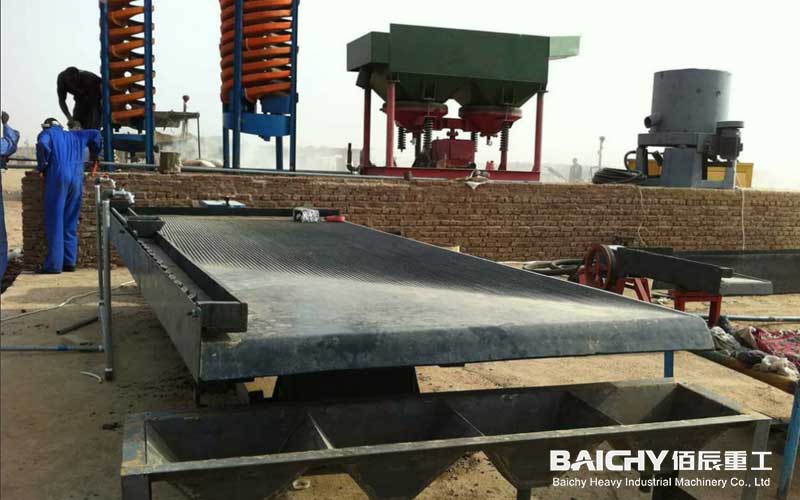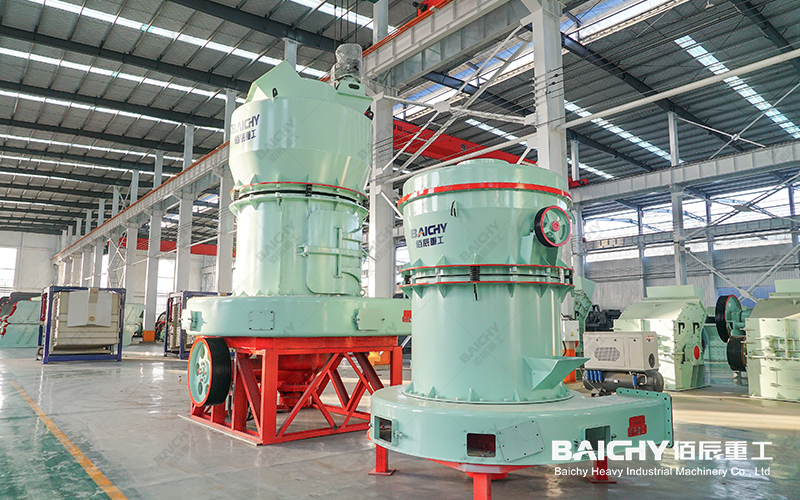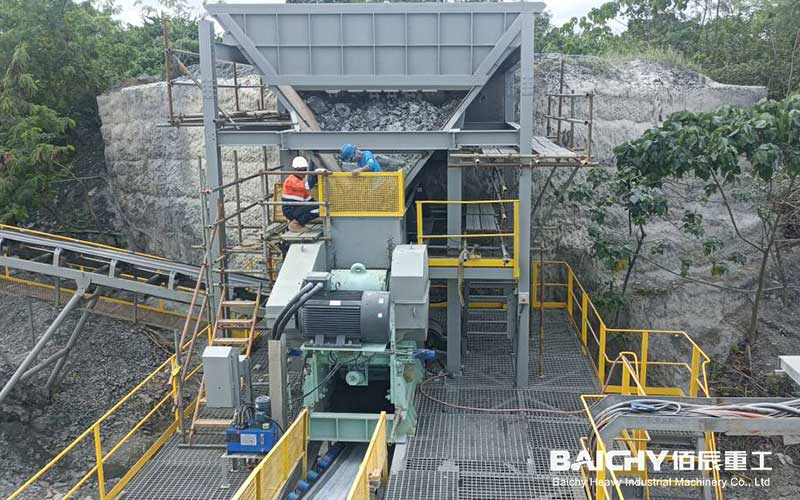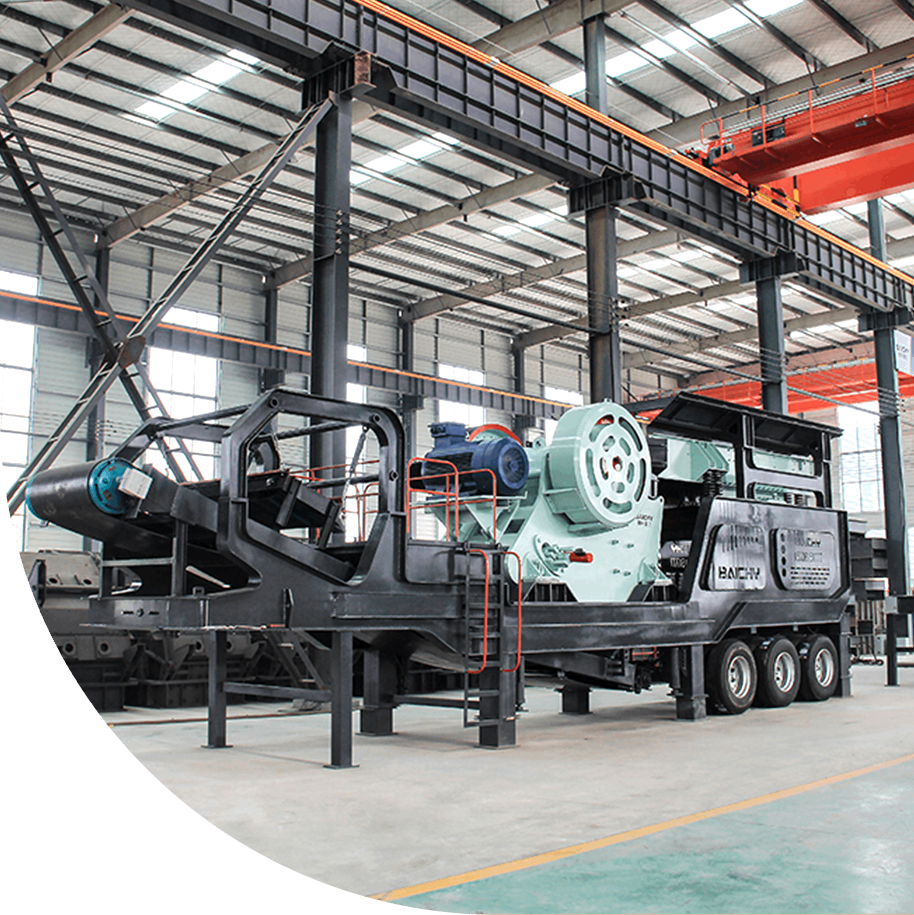Your desired quartz sand particle size of 30-80 mesh (approximately 180-500 microns) is considered medium-fine. Considering the hardness and wear resistance of quartz sand (Mohs hardness 7), we recommend the following equipment and solutions.
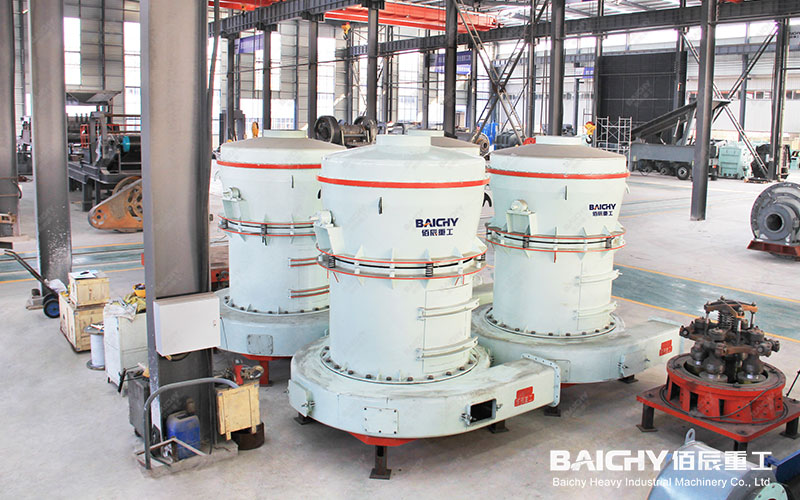
Recommended Equipment: Raymond Mill
Raymond mills are ideally suited for processing quartz sand with a particle size of 30-80 mesh, making them a mainstream and economical choice within this particle size range.
• Product Particle Size: Typically, the range can reach 80-325 mesh (approximately 44 microns to 180 microns), fully covering and slightly finer than your desired 30-80 mesh range. Adjusting the analyzer allows for stable production of your desired particle size.
• Processing Capacity: Daily production ranges from 8 to 176 tons, offering a wide range of production capacities. Choose the appropriate model based on your production scale.
• Core Advantages:
◦ Mature Technology: The equipment offers stable and reliable operation and is relatively easy to operate and maintain.
◦ Low energy consumption: Compared to some ultrafine grinding equipment, this particle size range is more energy-efficient.
◦ High integration: Often equipped with a jaw crusher for coarse crushing, as well as a bucket elevator, classifier, and dust collector, forming a continuous automated production line with excellent dust control.
Key Equipment Information at a Glance
| Features | Recommended Equipment (Raymond Mill) | Notes |
| Finished Particle Size | 80-325 mesh (approximately 44-180μm) | perfectly matches the requirements of 30-80 mesh (approximately 180-500μm) and can be flexibly adjusted. |
| Processing Capacity | 8-176 tons per day | Wide production capacity range and wide selectivity. |
| Feed Particle Size | ≤30mm | Typically requires a jaw crusher to reduce the raw material to a size below this size. |
| System Features | Often configured as a complete set (crusher, elevator, classifier, dust collector), with a high degree of automation and excellent dust control | Forming a continuous automated production line. |
| Investment Estimate | The price of a grinding mill production line is significantly affected by configuration, model, and manufacturer, and can range from hundreds of thousands to millions of RMB | It is recommended to contact multiple equipment suppliers directly for detailed quotes. |
Typical Dry Process
An efficient production line requires not only a high-quality main unit but also a well-configured process:
1. Coarse Crushing: Large quartz stone raw materials are first crushed by a jaw crusher to produce smaller particles (usually ≤30mm).
2. Elevating and Feeding: The crushed material is conveyed to the raw material silo via a bucket elevator. From there, it is evenly, quantitatively, and continuously fed into the main grinding chamber of the Raymond mill via an electromagnetic vibrating feeder.
3. Grinding and Classifying: The material is ground into powder within the grinding chamber. The ground powder is then lifted by air and classified by a powder classifier (analyzer). Powder that meets the required fineness is then transported by the airflow into a cyclone collector.
4. Collection and Dust Removal: The finished powder is separated from the airflow and collected in a cyclone collector and pulse dust collector, and the clean air is exhausted by a fan.
5. Iron Removal (Optional): Depending on the required iron content of the quartz powder, iron removal can be performed using a magnetic separator or magnet bar before packaging.
6. Packaging and Warehousing: The qualified quartz powder is packaged by an automatic packaging machine and then stored.
Other Considerations When Selecting Equipment
Besides particle size, the following factors are also important when selecting equipment:
• Production Requirement: Determine how many tons of quartz powder you need to produce per hour or per day, which directly affects the equipment model and price.
• Power Supply: Understand your plant's power supply capacity to ensure it can meet the voltage and power requirements of the equipment.
• Site Constraints: Consider the equipment's footprint, height, and the overall layout of the production process.
• Finished Product Quality Requirements: In addition to particle size, are there special requirements for whiteness, iron content, etc.? This may require additional purification steps such as acid washing, flotation, or magnetic separation.
• Budget Range: Equipment investment can range from several hundred thousand RMB to over a million RMB, so advance planning is necessary.
Final Recommendation:
We strongly recommend contacting Baichy Heavy Industry, a reliable grinding equipment manufacturer. Tell them your specific requirements (raw material, particle size around 80 mesh, production volume, budget, etc.). They will typically provide detailed equipment solutions, process flow designs, and quotes. If possible, it's best to visit their customer site to observe the equipment in action. This will provide greater confidence.
I hope this information will help you make an informed choice. If you have further questions about specific process steps or other equipment options (such as vertical mills), I'd be happy to provide further information.
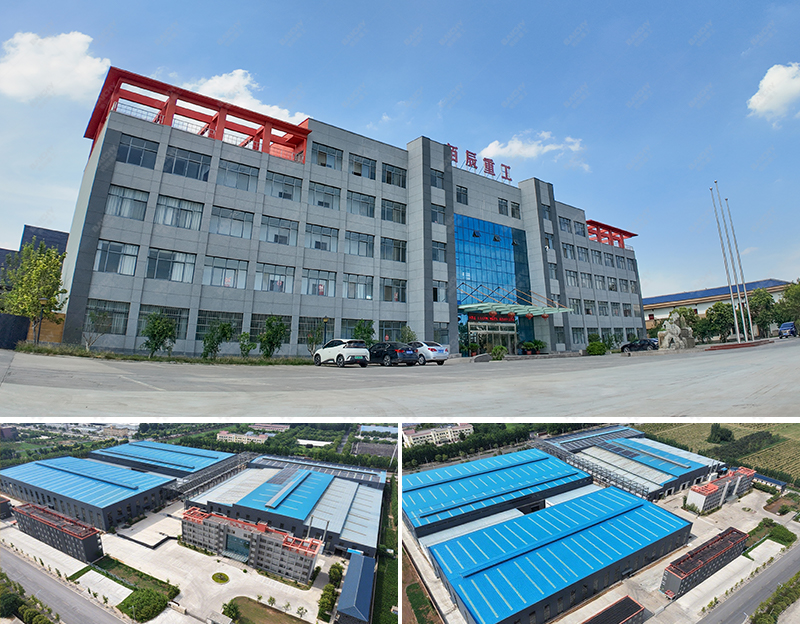
Baichy Heavy Industry – Your Trusted Partner for Seamless Equipment Operation
To ensure optimal performance of your equipment, Baichy Heavy Industry offers:
- Professional on-site installation guidance
- Comprehensive operator training
- 24/7 technical support & maintenance services
Our complete after-sales service system guarantees long-term, stable operation of your machinery with minimal downtime.
Protect Your Rights – Only Use Official Channels
To avoid scams and ensure authentic support, contact us exclusively through:
• Official Website: www.baichychina.com
• WhatsApp: +8615093222637
• Email: [email protected]
Your satisfaction is our priority – expect prompt, professional service every time.
(Note: Beware of unauthorized third parties claiming to represent Baichy. Always verify through official contacts.)
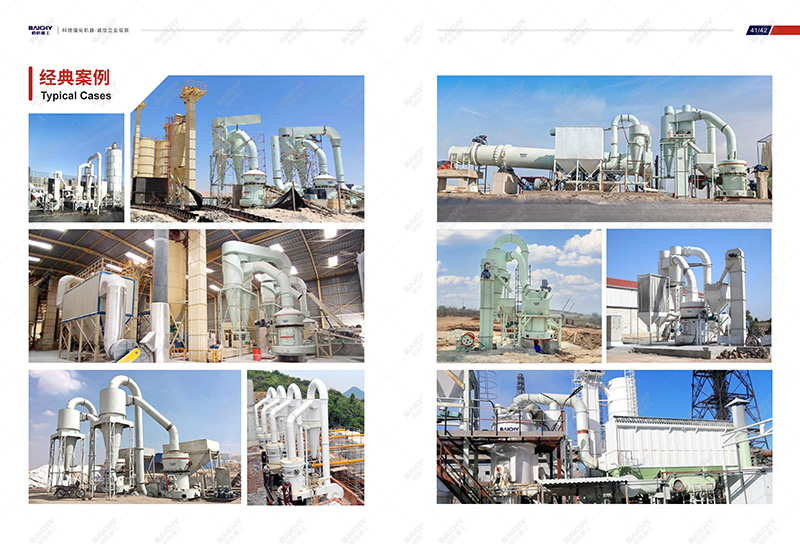
Further reading:
How To Choose A Suitable Industrial Grinding Mill?
Which Is Better Cement Vertical Roller Mill Or Ball Mill?
What Are the Differences between Dry and Wet Type Ball Mill?


